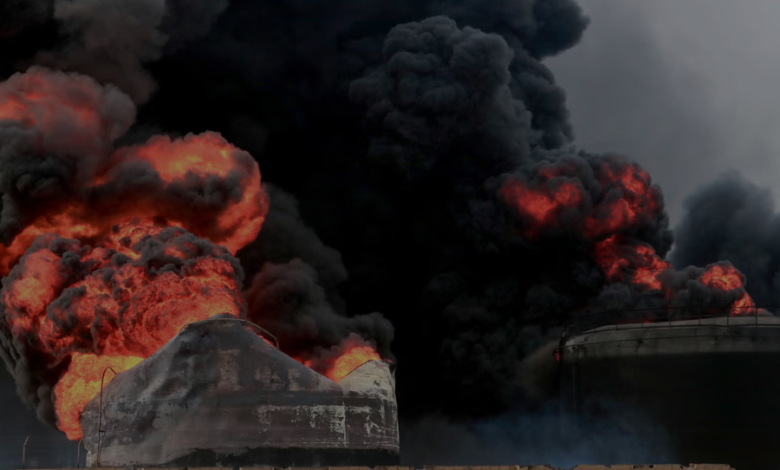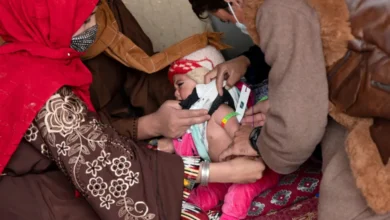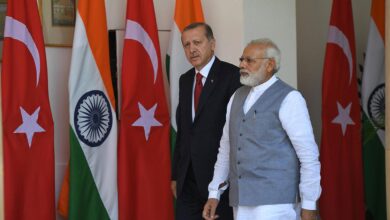Indian Court’s Islamophobic Remarks to Yemeni Refugee: ‘Go to Pakistan’

Bombay High court has been put through the wringer over comments to a Yemeni refugee. Calling the refugee’s plea, the court said, “Go to Pakistan.” As such, the refugee, whose name is withheld for security reasons, had gone through a series of struggles to get legal recognition and help in India. The comment was given in reply to his request for political asylum, creating an evil undercurrent of discrimination on the judge’s part.
The comment “Go to Pakistan” was found not only to be a cavalier reply to the state the refugee is in but also a blatant case of Islamaphobia. Pakistan is hardly a country with a sizeable Muslim majority and, therefore, has always found itself in Indian negative stereotypes and prejudices. So when the court stated that the refugee should go to Pakistan, it connected the comment to broader discourses incorrectly equating nationality with religious identity, further marginalizing Muslims.
Human rights activists reacted sharply to this incident and perceived these comments as a part of a deeper problem. Organizations like Amnesty International and Human Rights Watch came into the limelight to denounce the remarks, further labeling them as discriminatory and symptomatic of a worrying trend happening in both judicial and political circles worldwide. They argue that an attitude of this nature is a very blatant flaunting of basic principles of justice and equality on which human rights instruments, both national and international, are based.
However, critics point out that the situation of the Yemeni refugees reflects broader problems relating to refugees and asylum seekers from around the world. People fleeing because of war, persecution, and seeking refuge, in addition to facing the challenges of displacement, are met with prejudice that modifies their opportunity for fair and humane treatment. It is upon this background that the message from the court statement impresses the urgency to create awareness and, most importantly, sensitivity corresponding to the experiences of huger refugees, in most cases emanating from Muslim-majority countries.
Following the controversy, Indian authorities and legal bodies have been implored to act transparently. Legal experts and advocates of civil rights are calling for an investigation into the incident, arguing that measures should be taken to ensure that such biases do not creep into the proceeding judicial levels;being urged that there is a necessity for thorough training in judicial and law enforcement functioning to adopt a more patient, inclusive, and respectful approach while dealing with people from varied walks of life.
The episode also sheds light on people’s general attitudes toward refugees and Muslims within India. It highlights the need for discussions at public forums marked more by understanding and compassion than by stereotypes and division. For very many people, it was a wake-up call to the continuation of struggles against Islamophobia and xenophobia—a critical portrayal of the need there is for vigilance and advocacy on these issues.
The only hope now is that, as the situation unfolds, incidents such as this one will motivate a meaningful dialog to reforms so that no such discriminatory remarks undermine the integrity of the law and the rights of the person in quest of refuge. This case is a defining moment in reflecting and acting toward creating a more just and compassionate society.




